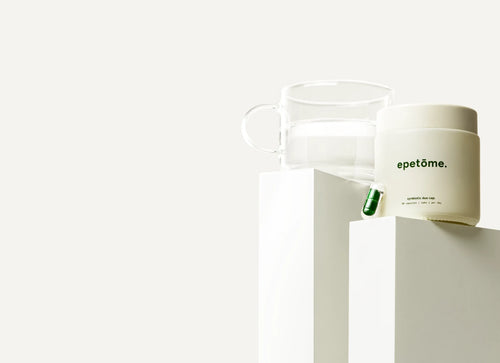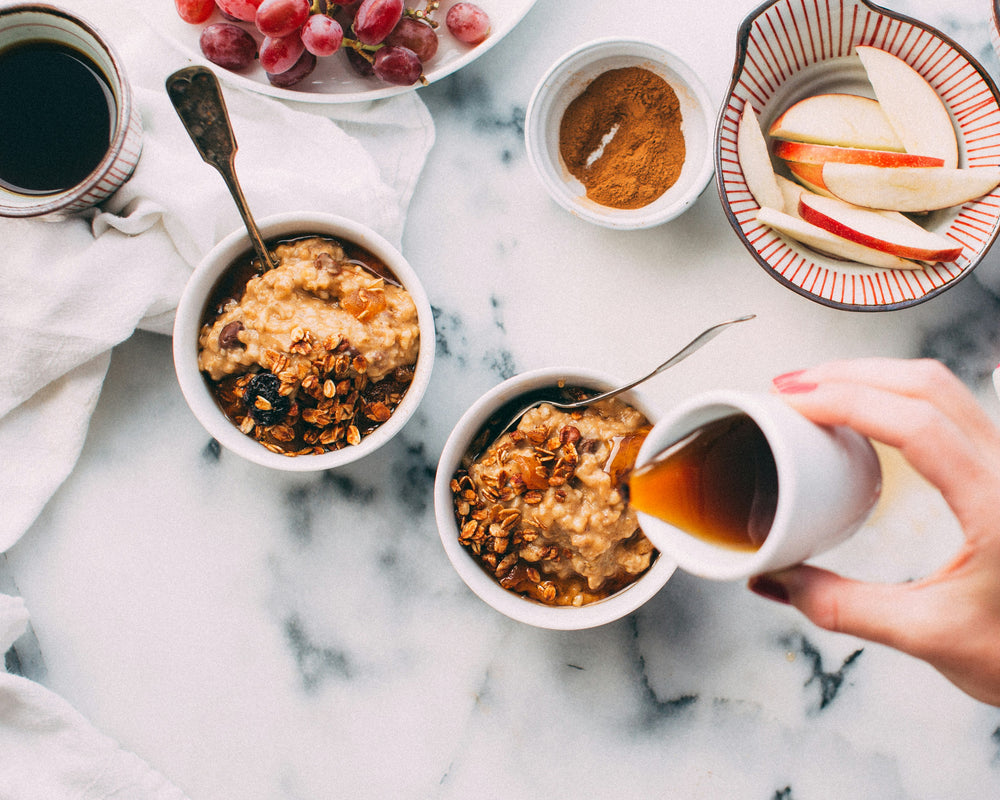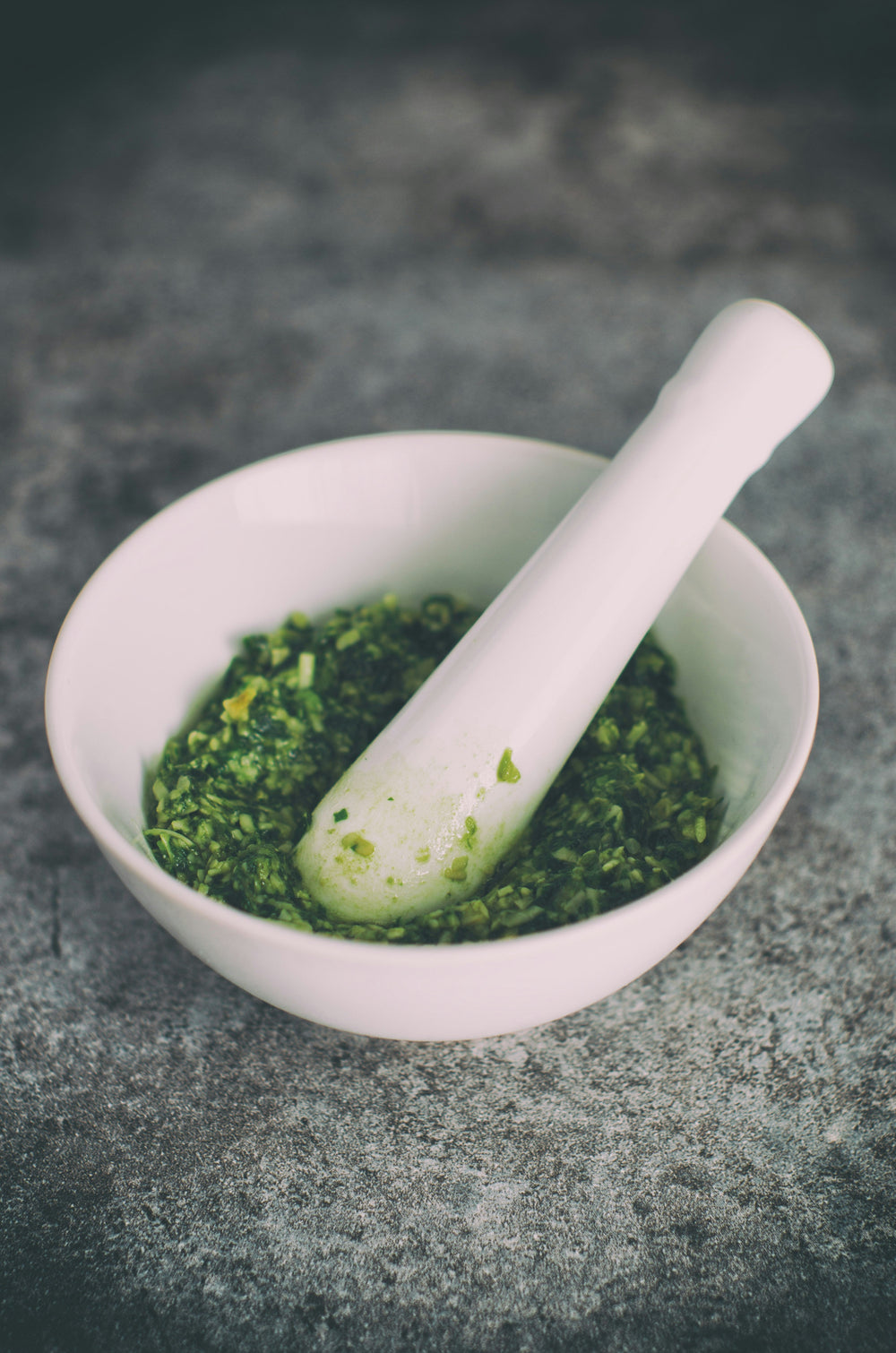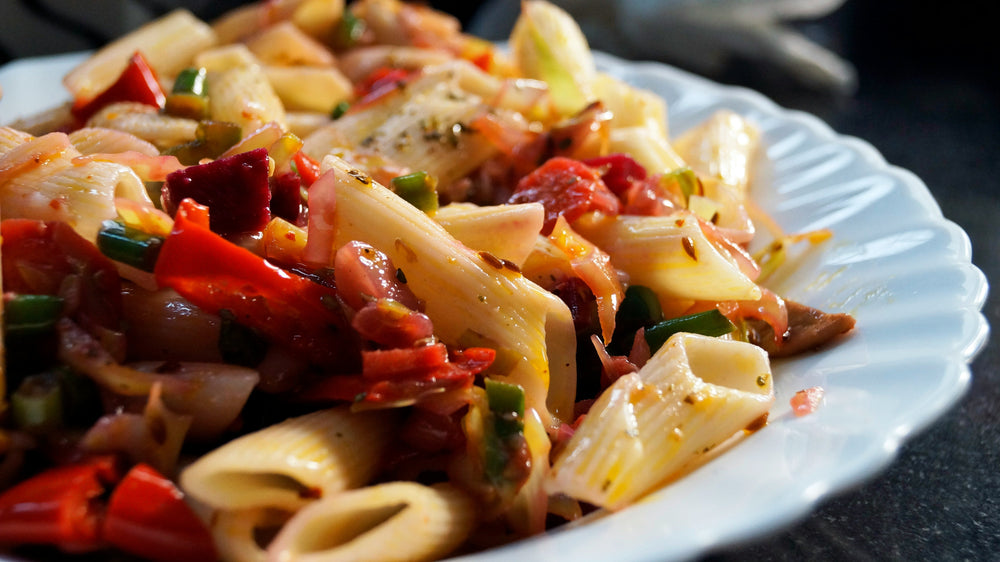This creamy green soup brings together broccoli, cauliflower, and kale for a delicious bowl that feels both comforting and energising. Finished with crispy chickpeas and toasted almonds, it is an easy way to enjoy a whole day’s worth of greens in one simple, nourishing meal.
the hidden benefits of dry january.
The Hidden Benefits of Dry January: Why Your Gut Will Thank You Introduction As Dry January wraps up, it’s worth reflecting on the positive effects of taking a break from alcohol. While improved liver function and energy levels are often the benefits that come to mind, your gut health may benefit the most. Alcohol and Gut Balance Your gut microbiome contains trillions of bacteria that are key to your health. Drinking alcohol disrupts this balance, reducing beneficial bacteria and encouraging the growth of harmful strains. This imbalance, called dysbiosis, can affect digestion, immunity, and even mood. Alcohol also weakens the gut lining, allowing harmful substances to leak into the bloodstream - a condition known as "leaky gut." Taking a break from alcohol helps beneficial bacteria recover and allows the gut lining to repair itself (Meroni et al., 2019). Better Mood and Mental Clarity The gut and brain are closely connected through the gut-brain axis. When alcohol disrupts gut health, it can lead to mood swings, anxiety, and fatigue. By avoiding alcohol, your gut and brain regain balance, often improving mood and mental clarity (Kim et al., 2024). Improved Sleep Alcohol may help you fall asleep faster, but it disrupts deep sleep stages like REM, which are essential for emotional and cognitive health. Many people who avoid alcohol notice deeper, more restorative sleep. Research has also shown that Dry January participants report better sleep quality (de Ternay et al., 2022). Weight Loss and Balanced Energy Alcohol is high in calories and low in nutrients, often leading to weight gain. Studies show that even those who don’t fully complete Dry January can experience weight loss. By cutting alcohol, you also stabilise blood sugar, leading to sustained energy and fewer cravings (de Ternay et al., 2022). Synbiotic and Gut Recovery Since you’re giving...

The Hidden Benefits of Dry January: Why Your Gut Will Thank You
Introduction
As Dry January wraps up, it’s worth reflecting on the positive effects of taking a break from alcohol. While improved liver function and energy levels are often the benefits that come to mind, your gut health may benefit the most.
Alcohol and Gut Balance
Your gut microbiome contains trillions of bacteria that are key to your health. Drinking alcohol disrupts this balance, reducing beneficial bacteria and encouraging the growth of harmful strains. This imbalance, called dysbiosis, can affect digestion, immunity, and even mood.
Alcohol also weakens the gut lining, allowing harmful substances to leak into the bloodstream - a condition known as "leaky gut." Taking a break from alcohol helps beneficial bacteria recover and allows the gut lining to repair itself (Meroni et al., 2019).
Better Mood and Mental Clarity
The gut and brain are closely connected through the gut-brain axis. When alcohol disrupts gut health, it can lead to mood swings, anxiety, and fatigue. By avoiding alcohol, your gut and brain regain balance, often improving mood and mental clarity (Kim et al., 2024).

Improved Sleep
Alcohol may help you fall asleep faster, but it disrupts deep sleep stages like REM, which are essential for emotional and cognitive health. Many people who avoid alcohol notice deeper, more restorative sleep. Research has also shown that Dry January participants report better sleep quality (de Ternay et al., 2022).
Weight Loss and Balanced Energy
Alcohol is high in calories and low in nutrients, often leading to weight gain. Studies show that even those who don’t fully complete Dry January can experience weight loss. By cutting alcohol, you also stabilise blood sugar, leading to sustained energy and fewer cravings (de Ternay et al., 2022).
Synbiotic and Gut Recovery
Since you’re giving your gut a break from alcohol, there is no better time to start taking a synbiotic to support it even more. Probiotics replenish good bacteria depleted by alcohol, while prebiotics fuel their growth. Together, they help restore a healthy gut microbiome, supporting digestion, immunity, mood, and even sleep.
Conclusion
Dry January isn’t just about avoiding alcohol - it’s an opportunity to reset your gut and improve your overall health. Pairing this alcohol-free month with a synbiotic can support a thriving microbiome and set the stage for better digestion, mental clarity, and lasting energy.
So it does pose the question - should we extend to dry February? Or are the polyphenols in red wine calling...
References
- de Ternay, J., Leblanc, P., Michel, P., Benyamina, A., Naassila, M., & Rolland, B. (2022). One-month alcohol abstinence national campaigns: a scoping review of the harm reduction benefits. Harm Reduction Journal, 19(1), 24. https://doi.org/10.1186/s12954-022-00603-x
- Kim, Y., Kim, J., Oh, J. W., & Lee, S. (2024). Association between drinking behaviors, sleep duration, and depressive symptoms. Scientific Reports, 14(1), 5992. https://doi.org/10.1038/s41598-024-5992-0
- Meroni, M., Longo, M., & Dongiovanni, P. (2019). Alcohol or Gut Microbiota: Who Is the Guilty? International Journal of Molecular Sciences, 20(18), 4568. https://doi.org/10.3390/ijms20184568
lifestyle. gut health recipes.
ready in 10 minutes
herb-whipped cottage cheese chicken bagels.
These basil whipped cottage cheese protein bagels make a fresh, high-protein breakfast or lunch, combining creamy herb-blended cottage cheese with juicy chicken, rocket, and tomatoes. They’re quick to assemble, packed with flavour, and perfect for a nourishing breakfast or light lunch.
ready in 10 minutes
kiwi chocolate protein chia pots.
These Kiwi Chocolate Protein Chia Pots make an ideal high-fibre, high-protein breakfast that keeps you full and energised all morning. They’re quick to prepare, easy to store, and perfect for a healthy grab-and-go option.
ready in 15 minutes
spiced apple porridge.
This spiced apple and pumpkin seed porridge is a warming, high-fibre breakfast that’s perfect for cosy mornings. Made with creamy oats, gently caramelised apples and a crunchy pumpkin seed topping, it’s ready in just 15 minutes and serves one.
ready in 50 minutes
prep-ahead baked blueberry oats.
These prep-ahead oven-baked oats with blueberries and bananas are rich in protein and fibre, making them a nourishing, gut-friendly breakfast to enjoy all week.
ready in 15 minutes
spicy green eggs with feta.
These spicy green eggs with feta are a quick, protein-rich recipe packed with gut-friendly ingredients like spinach, courgette, and spring onion. Baked in the oven or air fryer, they’re simple to make, full of flavour, and support digestion with a balance of fibre, protein, and healthy fats. Perfect for breakfast, brunch, or a light meal, this vibrant dish proves that nourishing your gut can be both delicious and easy.
ready in 10 minutes
egg wrap with pesto.
Bright, fresh, and ready in just 10 minutes, this flavour-packed wrap serves one and is ideal for breakfast, lunch, or any time you’re after something simple yet filling.
ready in 10 minutes
peach cobbler overnight oats.
Start your day with a gut-friendly twist on a classic dessert. The peach cobbler overnight oats serve 2–3 and takes just 10 minutes to prepare the night before. Packed with fibre, flavour and feel-good ingredients, it’s the perfect make-ahead option for busy mornings or a nourishing snack you can enjoy any time of day.
ready in 15 minutes
smoky egg salad bagel crunch.
This smoky harissa egg bagel is the perfect 15-minute meal. Made with creamy Greek yoghurt, tangy pickles, and a hint of spice, it’s a high-protein twist on classic egg salad that delivers on both taste and texture. Ideal for busy days, this easy bagel recipe makes lunch feel gourmet without the effort.
ready in 20 minutes
chewy breakfast matcha protein cookies.
Soft, satisfying, and subtly sweet—these breakfast cookies are made to fuel your morning the right way. With fibre-rich oats, plant-based protein, and antioxidant-packed matcha, they’re a gut-friendly grab-and-go option that doesn’t compromise on flavour or function.
ready in 15 minutes
lemon & poppy seed pancakes.
Emily's light, gut-friendly crêpes are the perfect balance of fibre, protein, and healthy fats to support digestion and keep you feeling great.
ready in 10 minutes
carrot cake breakfast oats.
Start your day with a delicious and nutritious breakfast option - Carrot Cake Oats. Filled with fibre diversity to promote healthy digestion.










































